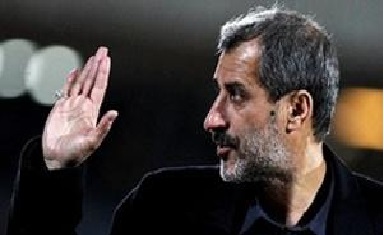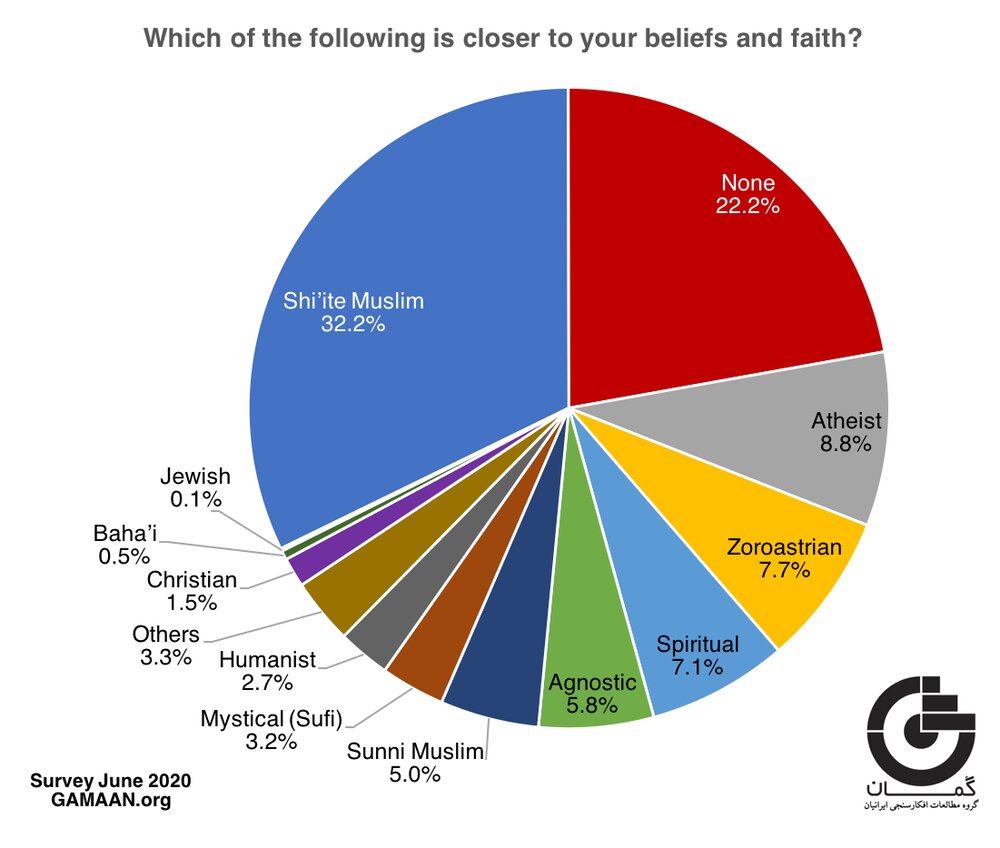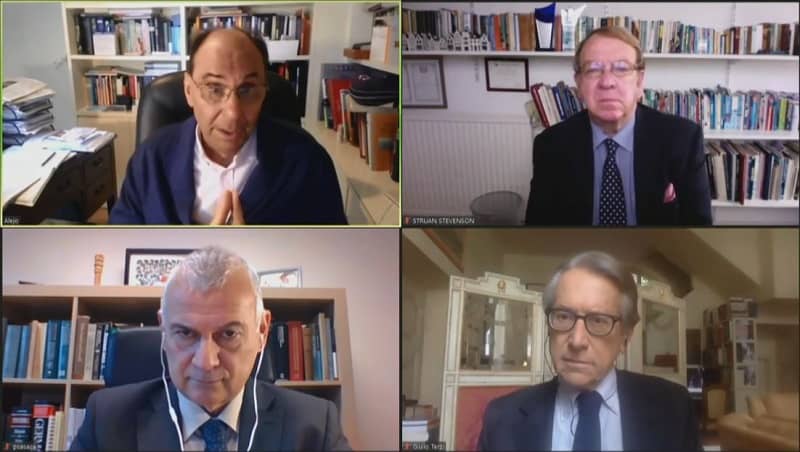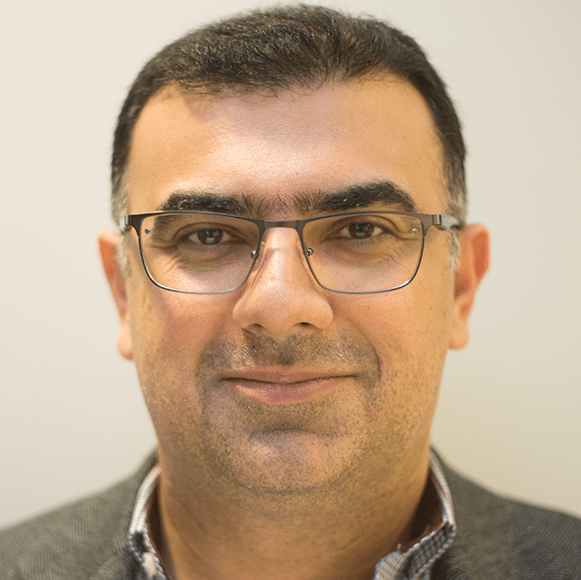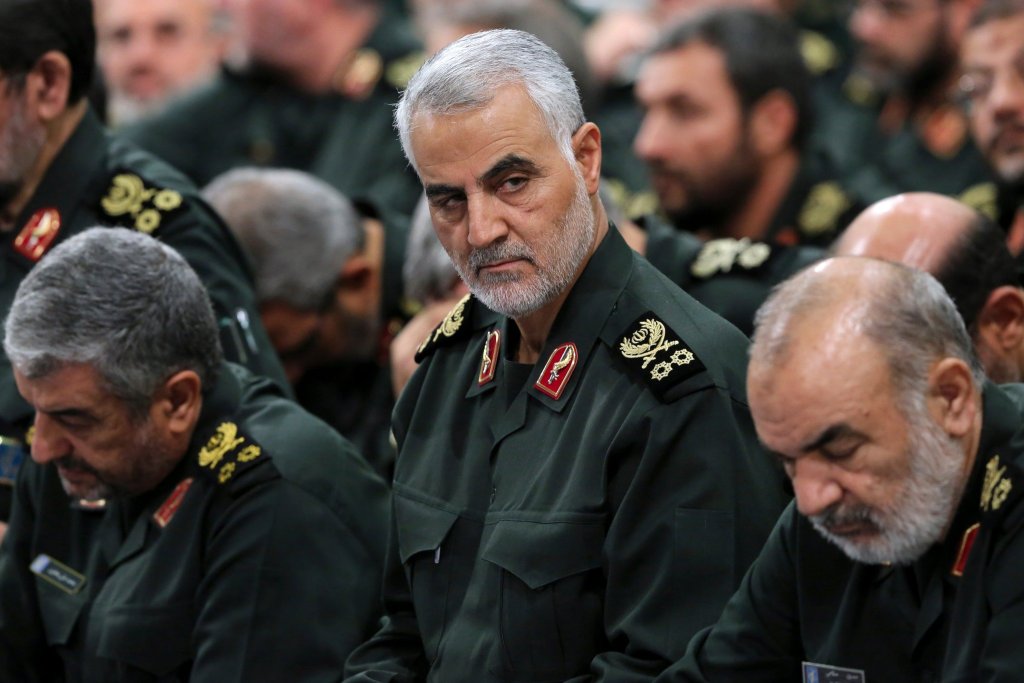انتقاد محمد مایلیکهن از شعار نابودی اسرائیل، موجب شد سازمان بسیج ورزشکاران با انتشار بیانیهای مایلیکهن را "مهره سوخته فوتبال" لقب دهد که برای خروج از انزوا و فراموششدگی، سخنانی گفته است به قصد جلب توجه.
طنز روزگار است که مایلیکهن به عنوان یکی از حزباللهیترین افراد فوتبال ایران در چند دهه اخیر، مهمترین اصل سیاست خارجی جمهوری اسلامی را زیر سوال میبرد.
سابقه حزباللهیگری مایلیکهن در فوتبال ایران بر همه اهالی فوتبال روشن است. او چه زمانی که بازیکن بود چه بعدها که مربی شد، نقش "مدافع ارزشهای نظام" را در حاشیه و متن فوتبال ایران بازی میکرد.
پس چه شده است که مایلیکهن اصل ایدئولوژیک "نابودی اسرائیل" را زیر سوال برده؟ آیا همان طور که سازمان بسیج ورزشکاران در بیانیهاش آورده، مایلیکهن میخواهد خودی نشان دهد و از سر سرخوردگی چیزی گفته است بلکه مقامات بالادست را تحریک کند که برای ساکت کردنش، کار در خوری به او واگذار کنند؟
فرض کنیم که این طور باشد؛ باید پرسید چرا دفاع مایلیکهن از بقای اسرائیل او را نزد مردم ایران منفور نمیکند؟ کسی که میخواهد جلب توجه کند، علیالقاعده حرفی میزند که زمینه پذیرش داشته باشد و نفرت عمومی را متوجهش نسازد.
اگر مایلیکهن میگفت زنان حق ندارند فوتبال بازی کنند، چیزی جز نفرت عمومی نصیبش نمیشد اما الان سخنی گفته است که توجهی توام با تحسین شامل حالش شده است.
در واقع بیانیه "بسیج ورزشکاران" با تاکید بر توجهطلبی مایلیکهن، ناخواسته از این نکته پرده برمیدارد که سیاست "نابودی اسرائیل"، مقبول بسیاری از مردم ایران نیست.
اما اینکه چرا مایلیکهن چنین حرفی زده، شاید دلیل دیگری داشته باشد و آن اینکه مایلیکهن به دلیل حزباللهی بودن از حاشیه امنیتی برخوردار است که علی کریمی و مسعود شجاعی و دیگران فاقد آنند.
مسعود شجاعی به دلیل حضور در مسابقه تیم باشگاهیاش با حریفی از اسرائیل، علیرغم اینکه کاپیتان تیم ملی ایران بود، از حضور در تیم ملی منع شد. اگر او در آن شرایط از سیاست "نابودی اسرائیل" انتقاد میکرد، باید برای همیشه قید حضور در تیم ملی و فوتبال ایران را میزد. باری، دیگران حاشیه امنیت مایلیکهن را ندارند.
اما جدا از این نکته، اگر چنین حرفی از زبان یک فرد شناخته شده غیر حزباللهی بیان شده بود، فقط از این حیث تعجبآور بود که آن فرد با عبور چشمگیر از خط قرمزهای جمهوری اسلامی، ریسک چشمگیری کرده است. اگر مسعود شجاعی چنین حرفی میزد، احتمالا کسی از اینکه این فوتبالیست چنین نظری دارد تعجب نمیکرد.
اما وقتی مایلیکهن از شعار نابودی اسرائیل انتقاد میکند، اولین فکری که به ذهن شنونده میرسد فرسودگی ایدئولوژی جمهوری اسلامی است؛ نظر مایلیکهن در واقع نشان میدهد که بسیاری از "خودیها" نیز فرسنگها با ایدئولوژی نظام فاصله گرفتهاند.
بیش از بیست سال قبل، علی خامنهای در نماز جمعه تهران در نقد نظر متفاوت عبدالله نوری درباره مساله فلسطین، گفت: "اگر کسی به آرمان فلسطین خیانت کند، این ملت گریبانش را خواهد گرفت."
اما در این دو دهه کار چنان پیش رفته است که نه تنها مایلیکهن هم به صف منتقدین سیاست جمهوری اسلامی در قبال اسرائیل پیوسته بلکه بسیاری از تحلیلگران معقتدند اطلاعاتی که اسرائیل از برنامه هستهای ایران بدست آورده، بدون همکاری مقامات نظامی و هستهای نمیتوانست نصیب تلآویو شود.
این فاصله گرفتن آشکار یا پنهان "خودیها" از ایدئولوژی نظام، همان چیزی است که حسین بشیریه آن را "فروپاشی اسطورههای قدرت" در جمهوری اسلامی نامیده است. بشیریه پارهای از "اسطورههای قدرت" را اساس مشروعیت جمهوری اسلامی و فروپاشی آنها را نشانه "فرسایش ساختار قدرت" در این نظام سیاسی میداند.
او "عدالت اسلامی" را یکی از این اسطورهها میداند که "در عصر سرمایهداری جهانیشده و با رویکرد خصوصیسازی و تعدیل ساختاری و تخریب بخش عمومی اقتصاد و حذف یارانهها و گسترش تورم و گرانی طاقتفرسا برای عموم و بیکاری فزاینده و ... کاملاً متلاشی شده و کسی آن را جدی نمیگیرد.»
بر همین سیاق باید گفت "اسطوره فلسطین" نیز به عنوان زیرمجموعهای از اسطوره "مبارزه با امپریالیسم"، سالهاست که دیگر فرسوده شده و قدرت پمپاژ مشروعیت برای نظام جمهوری اسلامی را از دست داده است.
مساله این نیست که در اختلافات اسرائیل و فلسطین کدام طرف در چه مواردی و تا چه حد بر حق است. مساله این است که "آرمان فلسطین" دیگر نمیتواند مبنای مشروعیت سیاست خارجی جمهوری اسلامی در جامعه ایران باشد. شعار "نه غزه نه لبنان، جانم فدای ایران" به خوبی موید این مدعاست.
با شکست اسلامگرایی در جامعه ایران طی چهار دهه اخیر، بسیاری از آرمانهای ایدئولوگهای انقلاب اسلامی، امروزه دیگر برای اکثریت مردم ایران "آرمان" محسوب نمیشوند و شوق و شوری در آنها برنمیانگیزد.
ملت ایران طی این چهل سال برای "اسطوره فلسطین" هزینه نامعقولی پرداخته و ادامه این روند را به صلاح خودش نمیداند. هم از این روست که مایلیکهن آشکارا از شعار نابودی اسرائیل انتقاد میکند و افرادی نیز در مراکز نظامی و هستهای جمهوری اسلامی نیز پنهانی به اسرائیل اطلاعات میدهند!

